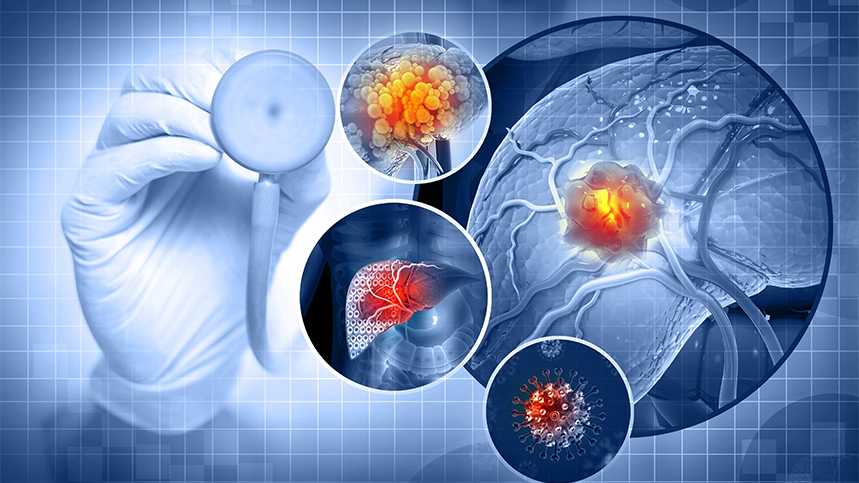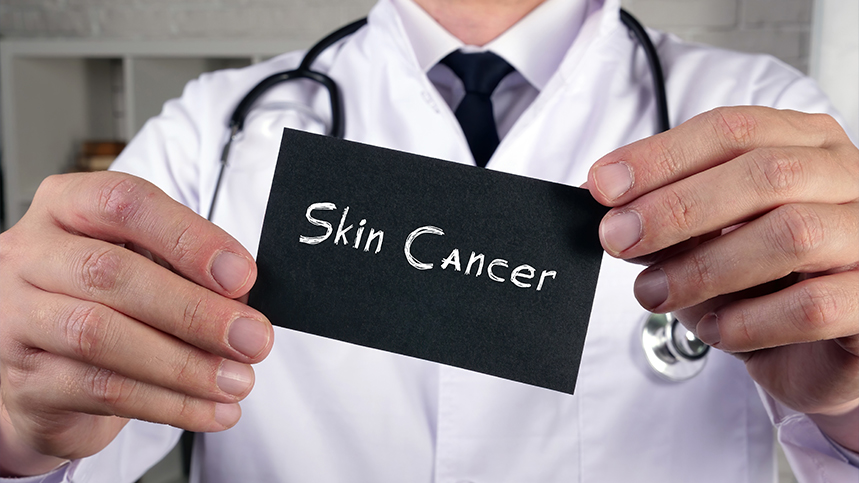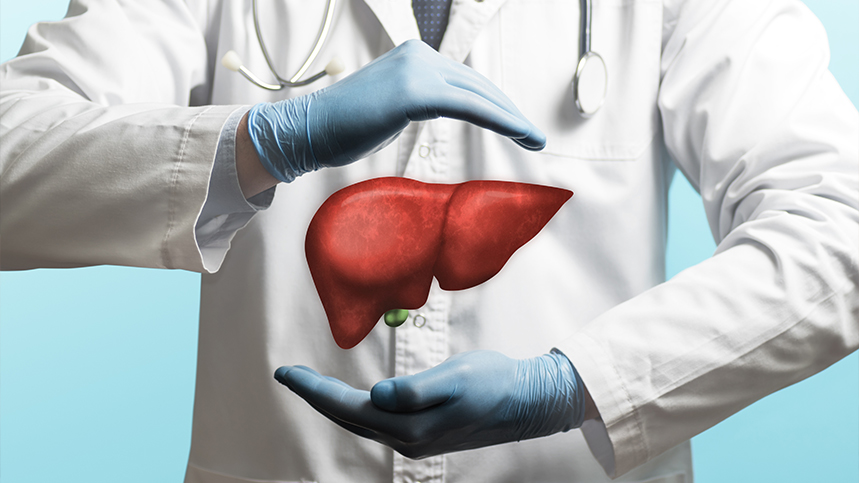
Don't Let Fever Bring You Down
Get Yourself Tested With AMPATH
As you get older, your bones tend to become thinner than normal. The condition is known as Osteopenia.
Osteopenia further leads to Osteoporosis — a progressive disease that causes bones to become very thin and brittle. The condition usually affects older people and is most common in women over the age of 65 years. People with osteoporosis are at higher risk for fractures of hips, spine, and wrists. But you can take some simple steps and improve your bone health. Besides, you can easily know your bone health by getting a simple bone profile test. The blood test analyses and measures the proteins, minerals and enzymes present in your bones.
Here’s how to boost and maintain your bone health:
Strength Training: Weightlifting and strength training helps to promote new bone growth and maintain the existing bone structure. It increases bone mineral density, reduces bone inflammation and protects against bone loss.
Eat Healthy: Consuming a diet that’s rich in vitamins, minerals and fibre help to promote bone health. It also helps to maintain bone strength.
Consuming Calcium: Calcium is the primary nutrient for bone health, therefore, people must get enough calcium in their diet. Foods rich in calcium include milk, cheese, yoghurt, beans, etc.
Eating Foods Rich in Vitamin D and K: While Vitamin K plays cruicial role in bone health by reducing calcium loss, Vitamin D helps the body absorb calcium. People who are deficient in vitamin D have a higher risk of losing bone mass.
Quit Smoking and Avoid Excessive Drinking: Smoking causes bone disease, such as osteoporosis, and increases the risk of bone fractures. Therefore, to support healthy bone density, one should not smoke, especially during their teen and young adult years. Similarly, heavy drinking can lead to poor calcium absorption, a decrease in bone density, and the development of osteoporosis later in life.
Although the above-listed ways have shown to have positive bone-preserving effects in adults, understanding your risk for osteoporosis, such as genetic factors and family history is equally essential.
Understanding Hepatocellular Carcinoma: Diagnosis and Staging
Hepatocellular carcinoma (HCC) is a type of liver cancer that usually affects individuals...
30-11-2023
Protecting Your Skin: Vital Tips for Sun Safety and Self-Examinations
Summer is here, and we all are ready to soak up some sunshine after long and dreary winter...
30-11-2023
Preventing Liver Cancer: The Role of Hepatitis Vaccination
Liver cancer is a deadly disease that affects millions of people worldwide. While there...
30-11-2023
Subscription Subscribe to our newsletter and receive a selection of cool articles every weeks
Recent Blogs
Understanding Hepatocellular Carcinoma: Diagnosis and Staging
Hepatocellular carcinoma (HCC) is a type of liver cancer that usually affects individuals...
30-11-2023
Protecting Your Skin: Vital Tips for Sun Safety and Self-Examinations
Summer is here, and we all are ready to soak up some sunshine after long and dreary winter...
30-11-2023
Preventing Liver Cancer: The Role of Hepatitis Vaccination
Liver cancer is a deadly disease that affects millions of people worldwide. While there...
30-11-2023
Enter your details
Set Location
Share Your Feedback
Select Your Location
Top Cities








 Get 15% OFF on 1st order above ₹100 Use code:
Get 15% OFF on 1st order above ₹100 Use code: 